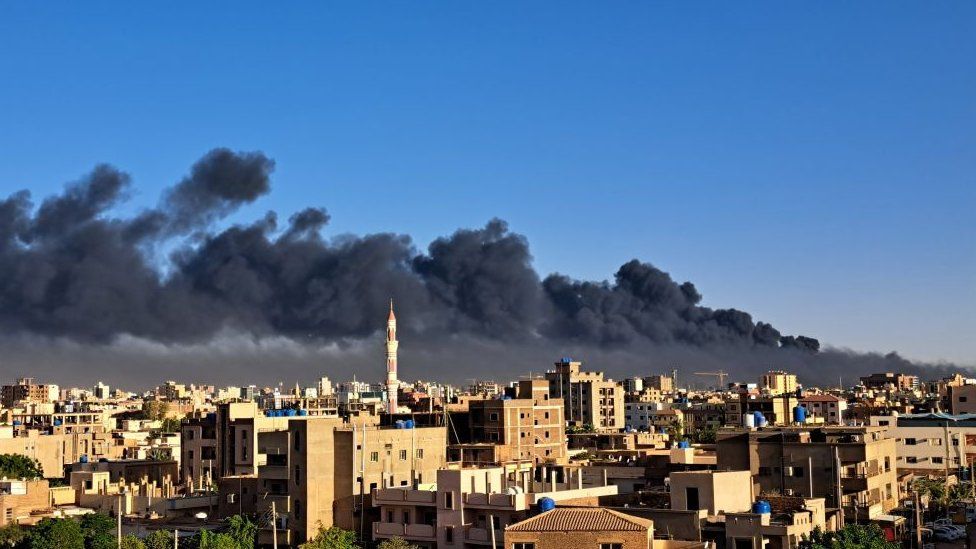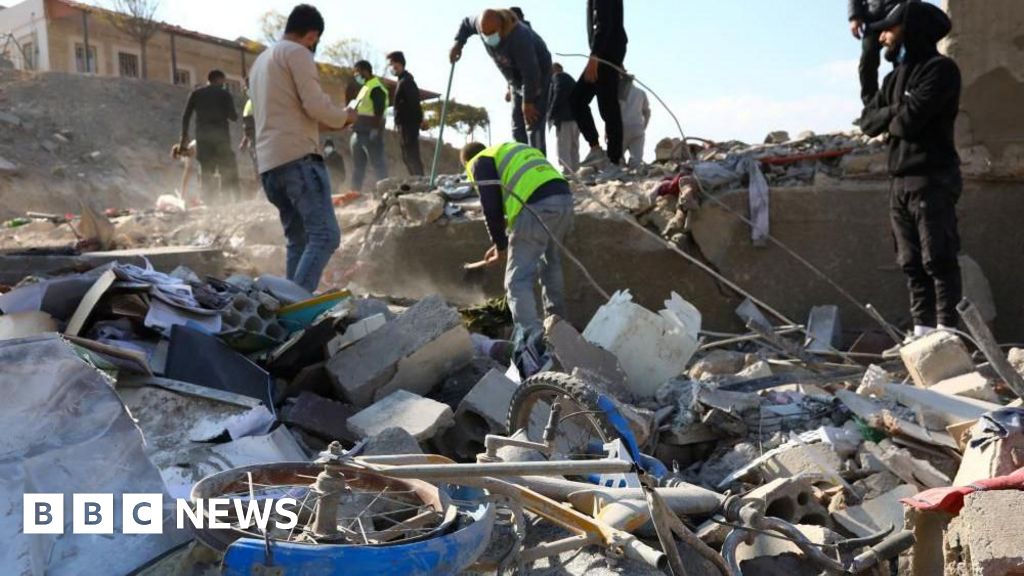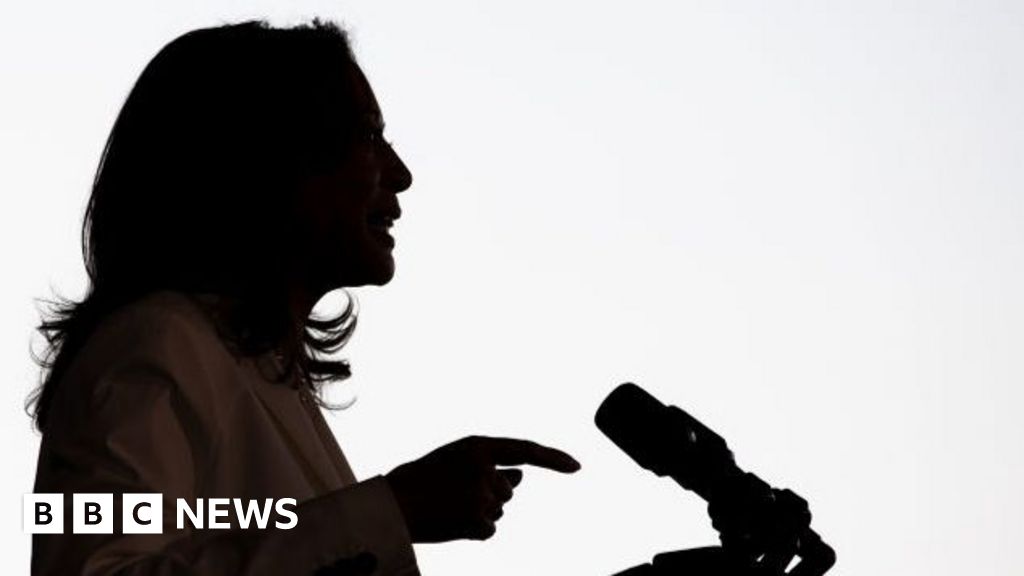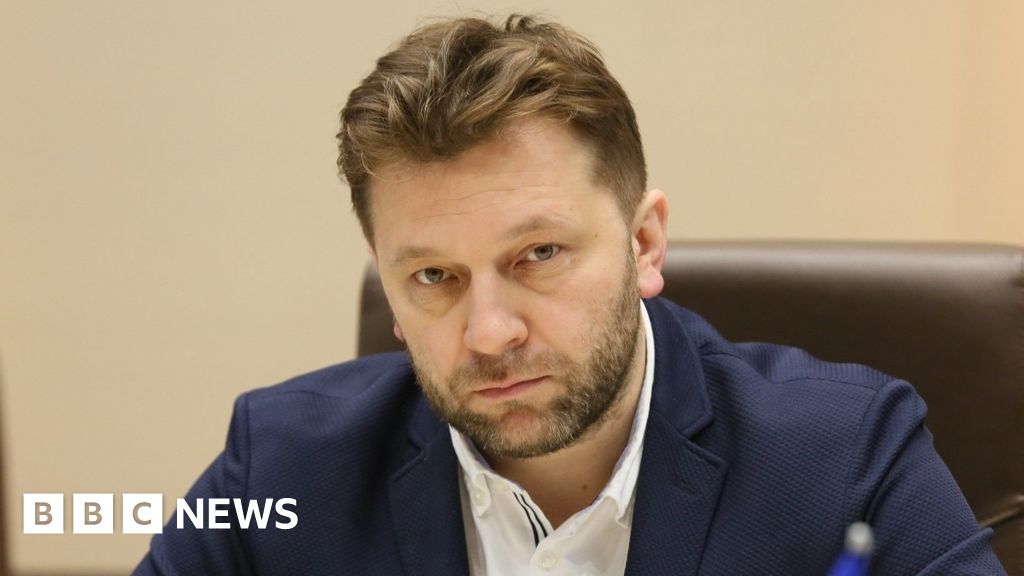ARTICLE AD BOX
 Image source, Getty Images
Image source, Getty Images
Smoke billows over the Sudanese capital Khartoum
By Mohamed Osman & Matt Murphy
BBC News, in Khartoum and London
Thousands of civilians have fled Sudan's capital and foreign nations are trying to evacuate their citizens, amid a fifth day of fierce fighting.
Witnesses reported people leaving Khartoum in cars and on foot on Wednesday morning, as gunfire and deafening explosions rocked the city.
Meanwhile, officials in Japan and Tanzania say they are considering missions to evacuate their citizens.
The exodus follows Tuesday's collapsed ceasefire between the warring factions.
The Sudanese military and the paramilitary Rapid Support Forces (RSF) had agreed a 24-hour humanitarian ceasefire on Tuesday, but the truce collapsed within minutes of its proposed 16:00 GMT launch.
A new ceasefire has now been agreed by the RSF for 18:00 local time (16:00 GMT) on Wednesday.
Civilians began to flee the capital early on Wednesday morning after fighting resumed and Khartoum was enveloped in thick black smoke following explosions near the army headquarters.
Witnesses in Khartoum reported heavily armed RSF fighters patrolling the city on pick-up trucks, while fighter jets loyal to the military conducted strikes on targets believed to be held by the paramilitary forces.
A shortage of fuel and a lack of public transport has seen many of those fleeing forced to do so on foot, with some seeking to get passage to central and western Sudan - where their families live - on flatbed trucks.
One local fleeing the capital told the BBC that the RSF had set up checkpoints on roads around the city and some of its fighters had robbed him, stealing his phone and some money.
Robberies have also been reported in areas of the capital itself. On Tuesday, residents of the Khartoum 2 area told the BBC that the RSF militia had been going house-to-house in the neighbourhood demanding water and food.
As the fighting intensifies, a number of nations say they have started preparations to evacuate their citizens from the country.
Japan said its Self Defence Forces were considering how to evacuate some 60 Japanese citizens from Sudan, with a military plane placed on standby.
And Tanzania's Foreign Affairs Minister Stergomena Tax told parliament that his government was also evaluating whether it was possible to evacuate 210 of its citizens.
However, the US embassy in Khartoum said "the uncertain security situation" in the capital meant there were no plans for a "US government-coordinated evacuation".
The death toll caused by the fighting is unclear, but the Central Committee of Sudanese Doctors (CCSD) said on Tuesday that at least 174 civilians had been killed in the violence.
Image source, Getty Images
UN officials say 185 people have died and more than 1,800 have been injured. However, experts say the real figure could be far higher, with many wounded unable to reach hospitals which have reportedly been shelled.
Tanzeel Khan - an Indian national working in Khartoum - told the BBC that airstrikes in the city were putting civilian lives at risk.
"Since this morning, the airstrikes in this area have intensified and we do not know when they're going to hit our building," he said. "There are around 15 other people living in the same building who are facing similar difficulties."
"Despite the 24-hour truce that started from 6pm yesterday, there's heavy gunfight going on and it's impossible to go out and look for supplies," he added.
A Russian woman trapped in a Greek Orthodox church in Khartoum said that her situation was growing desperate, after her group ran out of power, food and water.
She told the BBC that "urban electricity [was] cut off from the very beginning of the fighting", but that a generator powering the church had run out of fuel.
Elsewhere, the EU said on Wednesday that its ambassador to Sudan had resumed his duties after being assaulted by fighters in the capital on Monday.
A spokesperson for the European Commission said Ambassador O'Hara was attacked after unidentified "armed men wearing military fatigues" stormed his residence in Khartoum.
Additional reporting by Chloe Kim
Sudan: The basics
- Sudan is in north-east Africa and has a history of instability: The military toppled long-time leader Omar al-Bashir in 2019 after mass protests
- It then overthrew a power-sharing government in 2021, putting two men at the helm: The head of the army and his deputy, who is also the head of a paramilitary group called the RSF
- They disagree on how to restore civilian rule to Sudan: The RSF leader claims to represent marginalised groups against the country's elites but his forces were accused of ethnic cleansing
Are you in the affected areas? If it is safe to do so share your experiences by emailing haveyoursay@bbc.co.uk.
Please include a contact number if you are willing to speak to a BBC journalist. You can also get in touch in the following ways:
If you are reading this page and can't see the form you will need to visit the mobile version of the BBC website to submit your question or comment or you can email us at HaveYourSay@bbc.co.uk. Please include your name, age and location with any submission.

 1 year ago
17
1 year ago
17








 English (US)
English (US)